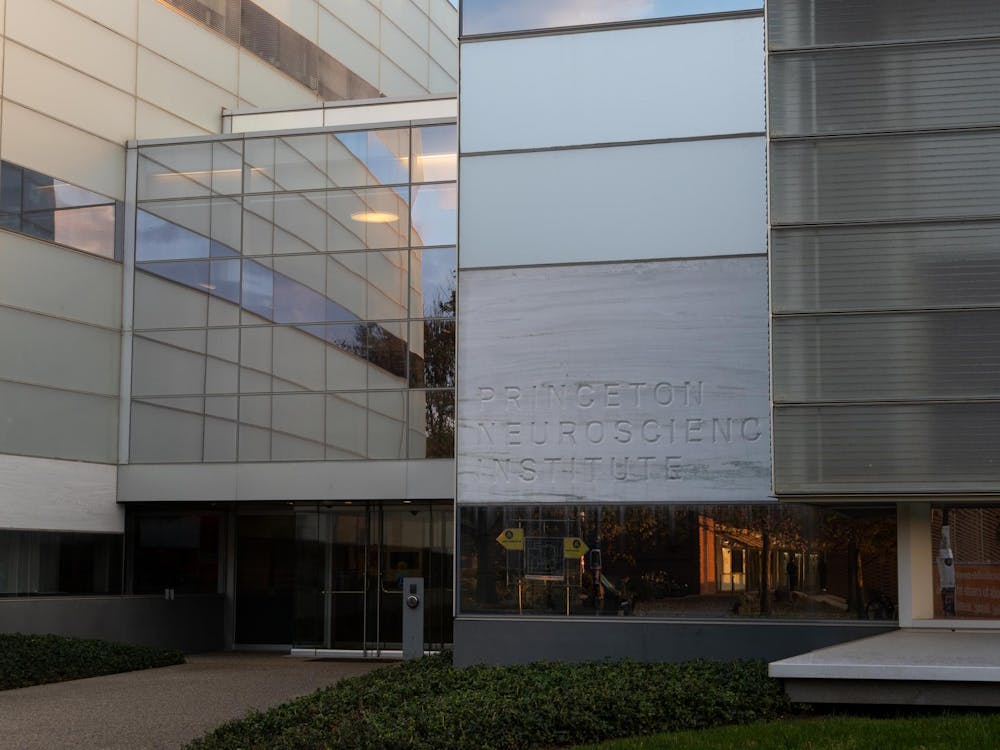As if MCATs were not enough, medical school applicants may have another headache to deal with. AMCAS — the service that processes applications for medical schools — will not have its 2002 web application ready until May 1, according to AMCAS director Nancy Tillinghast.
In previous years, the AMCAS application has had two forms — a conventional paper application and the computer-based AMCAS-E. In 2002, AMCAS is moving entirely to a web-based application.
According to Tillinghast, a number of bugs were discovered in the web application during its final testing, which delayed its "go live" date until May 1. Last year's AMCAS-E, by contrast, was available around April 1, 2000 — a full month earlier.
This year applicants may begin submitting completed applications June 18.
The delay in the application's availability should not be a problem for students, according to University health professions committee chair Daniel Notterman.
"It's being delayed for everybody at all schools," he said. "I don't look at this as causing any disadvantage relative or absolute."
Because most medical schools have rolling admissions processes, advisers recommend that applicants submit their applications as early as possible.
"Really, [the delay] gives students a little more time to get their applications together," Notterman said.

The new application also contains a number of differences from previous years, according to Tillinghast. Many of the changes will address past suggestions and complaints.
"We've been gathering information from applicants, advisers and medical schools on ways everyone would like to see the application enhanced," Tillinghast said.
"It has a number of new questions and enhancements applicants will truly like," she continued. "It'll be a lot handier because they'll be able to complete it on the web. They won't have to wait and mail in their application."
For example, Tillinghast said, applicants complained that last year's application had little room to describe post-secondary experiences.

"In the new application there is unlimited opportunity for them to list their post-secondary experiences," she said.
The new web application will provide medical schools with much more information than previous applications, according to an admissions officer at the Harvard Medical School.
"While we'll get some data we've never asked for and don't plan to use, I know my colleagues at other medical schools really need that data," he said.
The additional information also means that the 2002 secondary application for Harvard Medical School will be much shorter, he said.
"I imagine during the next 5 years the number of schools that maintain secondary applications will drop significantly," he said.
Tillinghast also said that the new web application will not be a problem for students who do not own their own computer. Over 90 percent of applicants chose to use the computer-based application last year, she said.
"Our research has shown that most students do have access somewhere, somehow, to the Internet," she said.
"Obviously if an applicant is identified to us and demonstrates that he or she is virtually incapable of completing an electronic application we will work with that individual applicant to work out some form of application," she added.
According to Notterman, the move to web-based applications should prove advantageous to University students.
"I think ultimately students, especially the technology-sophisticated students we have at Princeton, will find this easier," he said.







